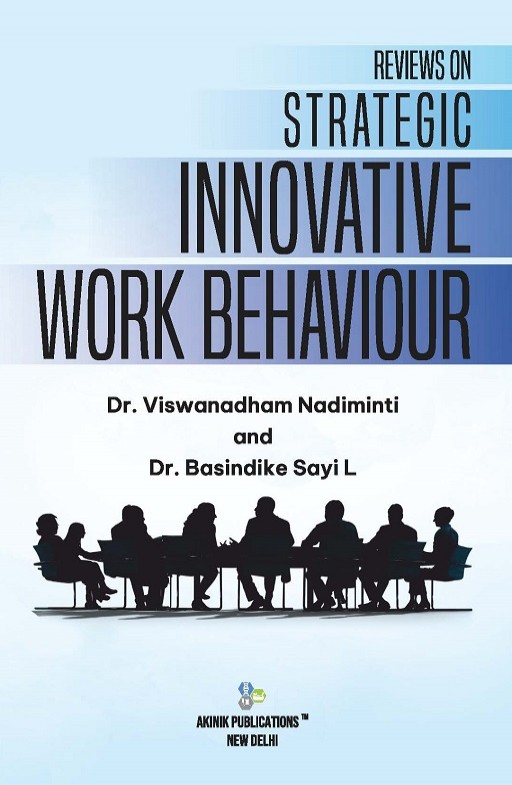Description
This book covers review of theories on Strategic Innovative Behaviour that suggests the ontology of Strategic Leadership in Higher Educational Institutions and Organizations contexts and its influences on students’ and Employees intention to apply Strategic Innovative Behaviour at workplaces. this Book covers review on the concepts of Innovative Work Behaviour, philosophy of ethics, Strategic Innovative Behaviour, roles of external contacts, affective commitment, theories of intention, social trust, suggested Strategic Leadership practices, and social structures. It also reveals the literature gap and the need for integrative causal model that can help us to investigate the ontology of Strategic Leadership, confounding factors and mediators that interact to enhance students’/Employees intention to apply Strategic Innovative Behaviour at workplaces. Information from the literature and focus group was used to develop structured instrument which was used in Exploratory Factor Analysis (EFA) to extract constructs for constructing the integrative causal model.An individual can change his or her behavioral intention but fail to change his or her behavior. Executive control (or cognitive control) describes whether people can organize and direct their thinking towards enacting intended behavior.




